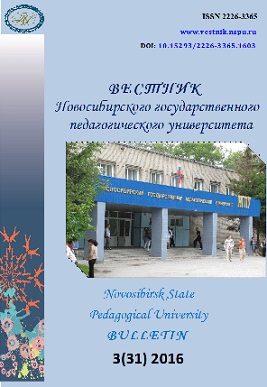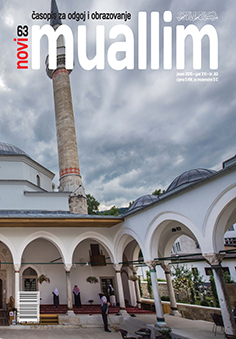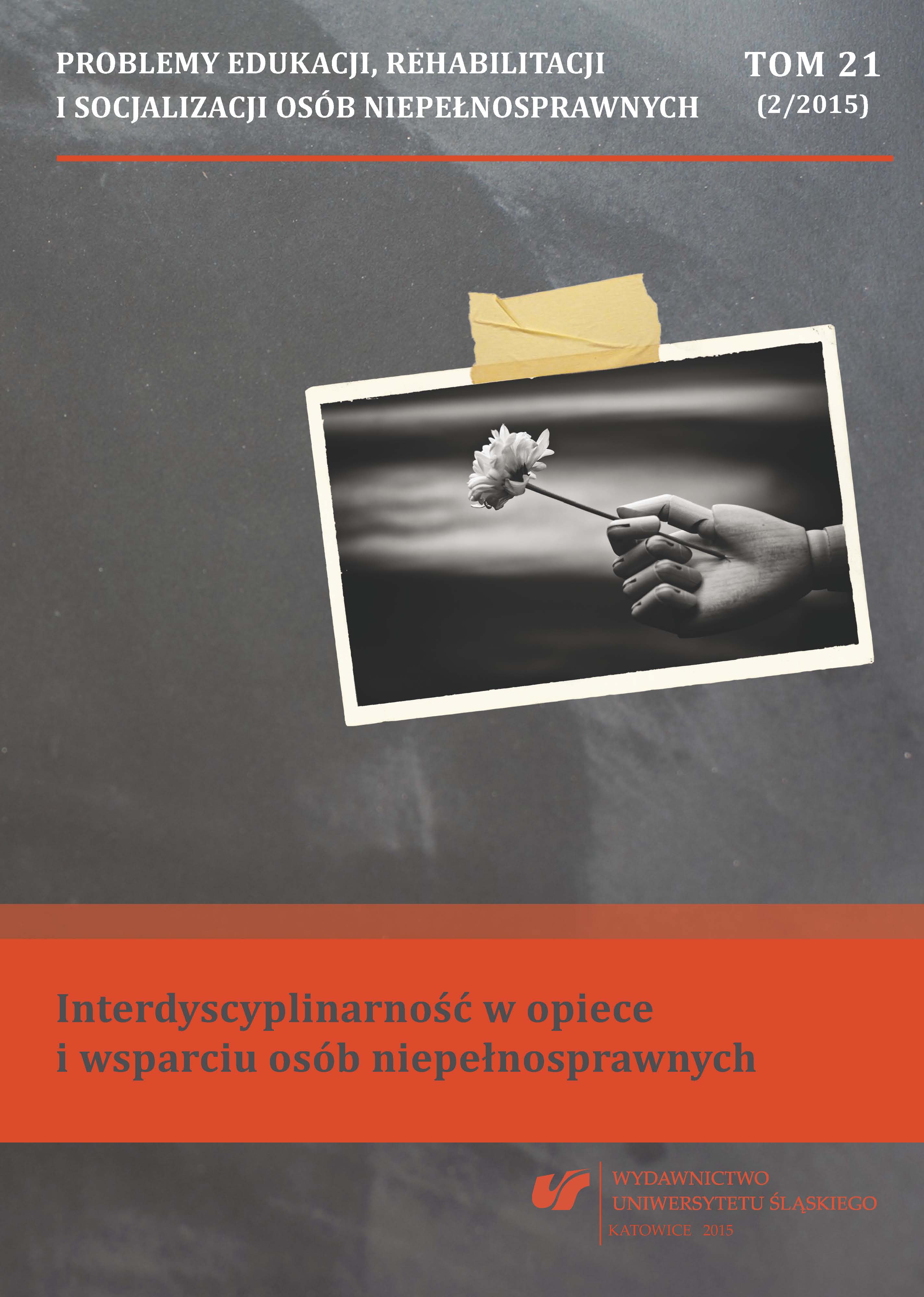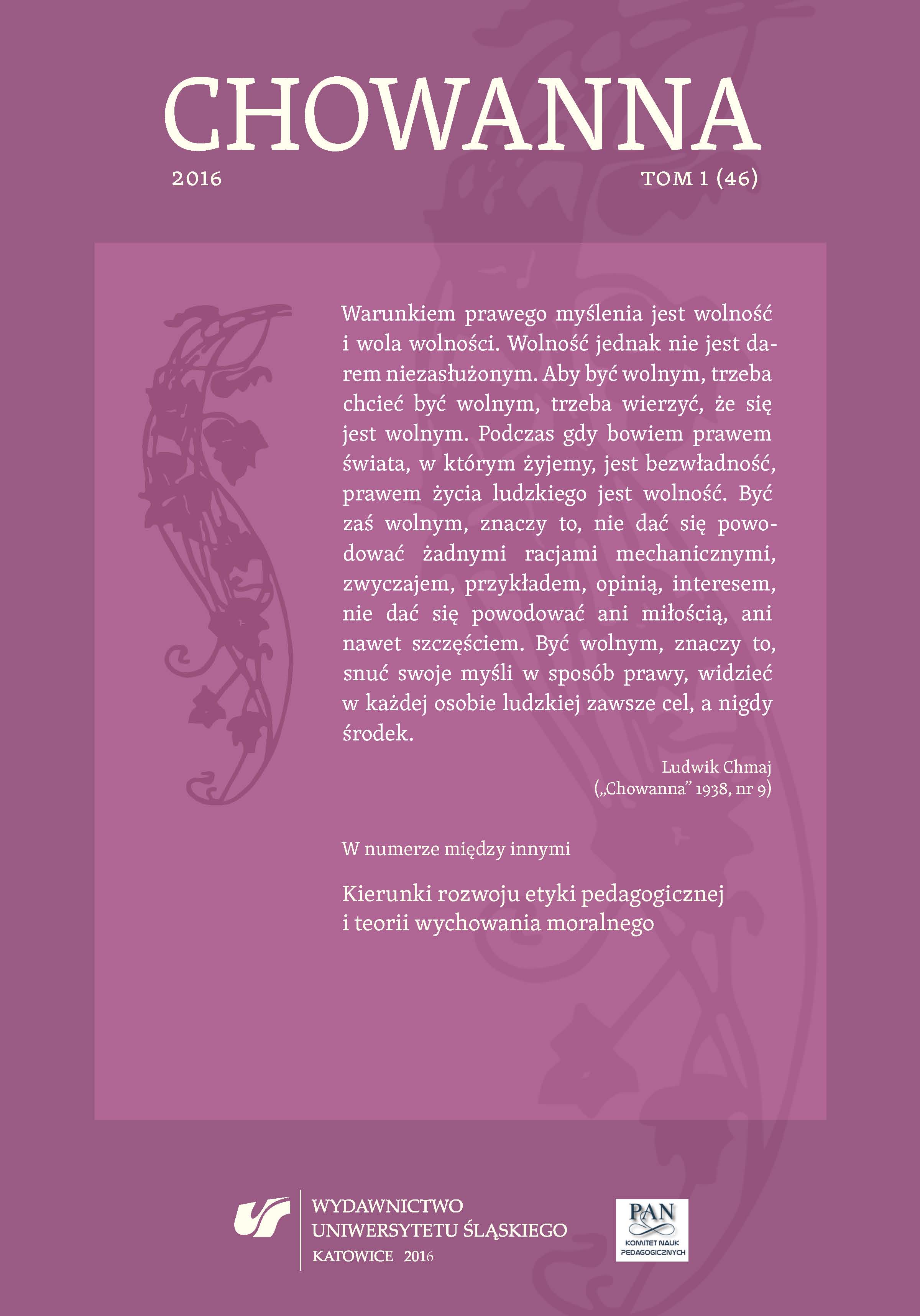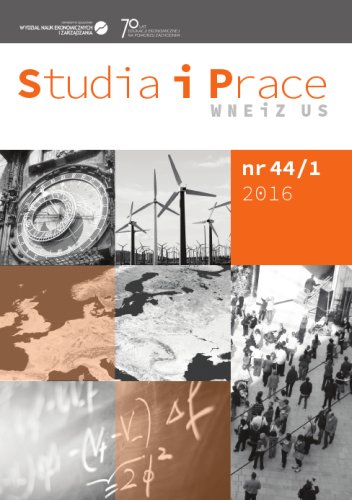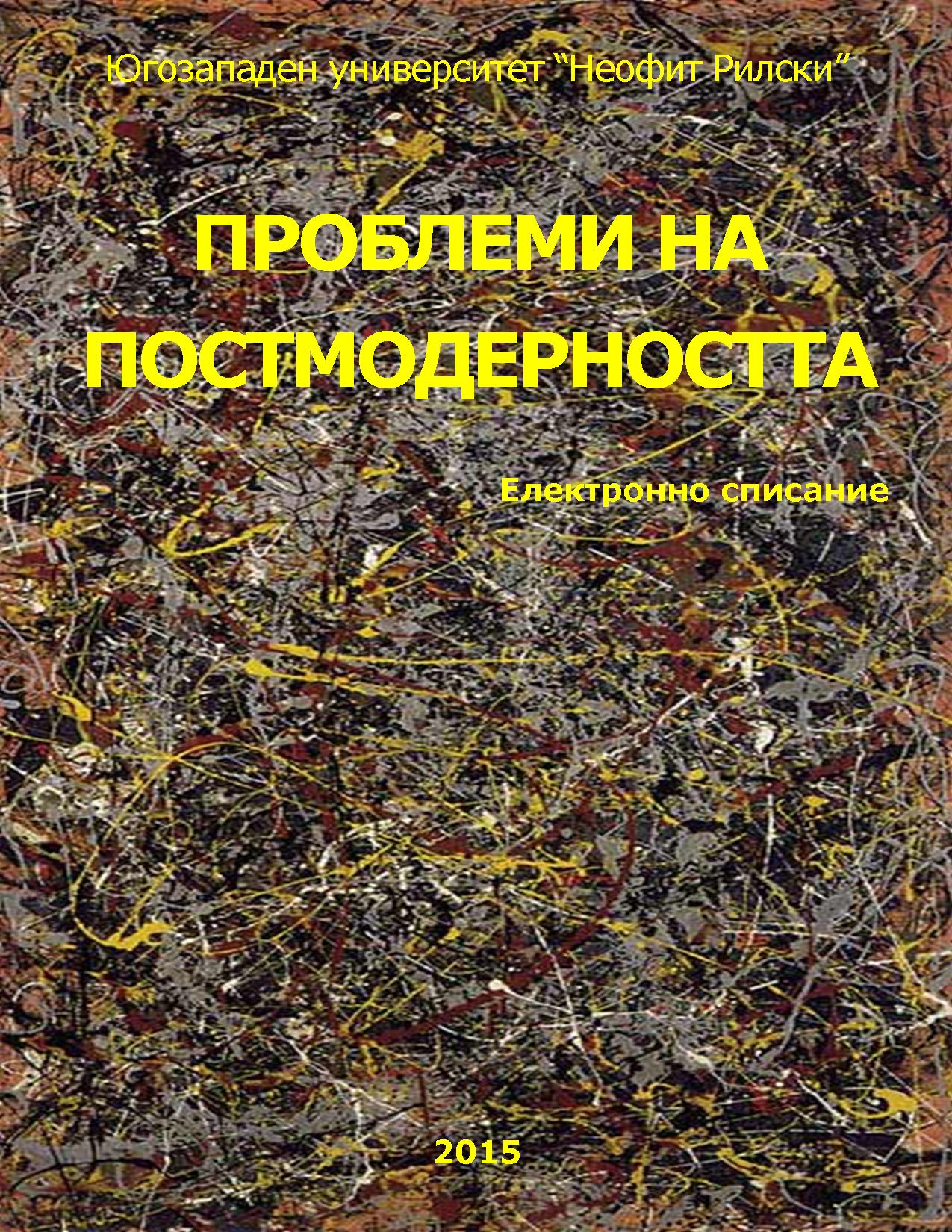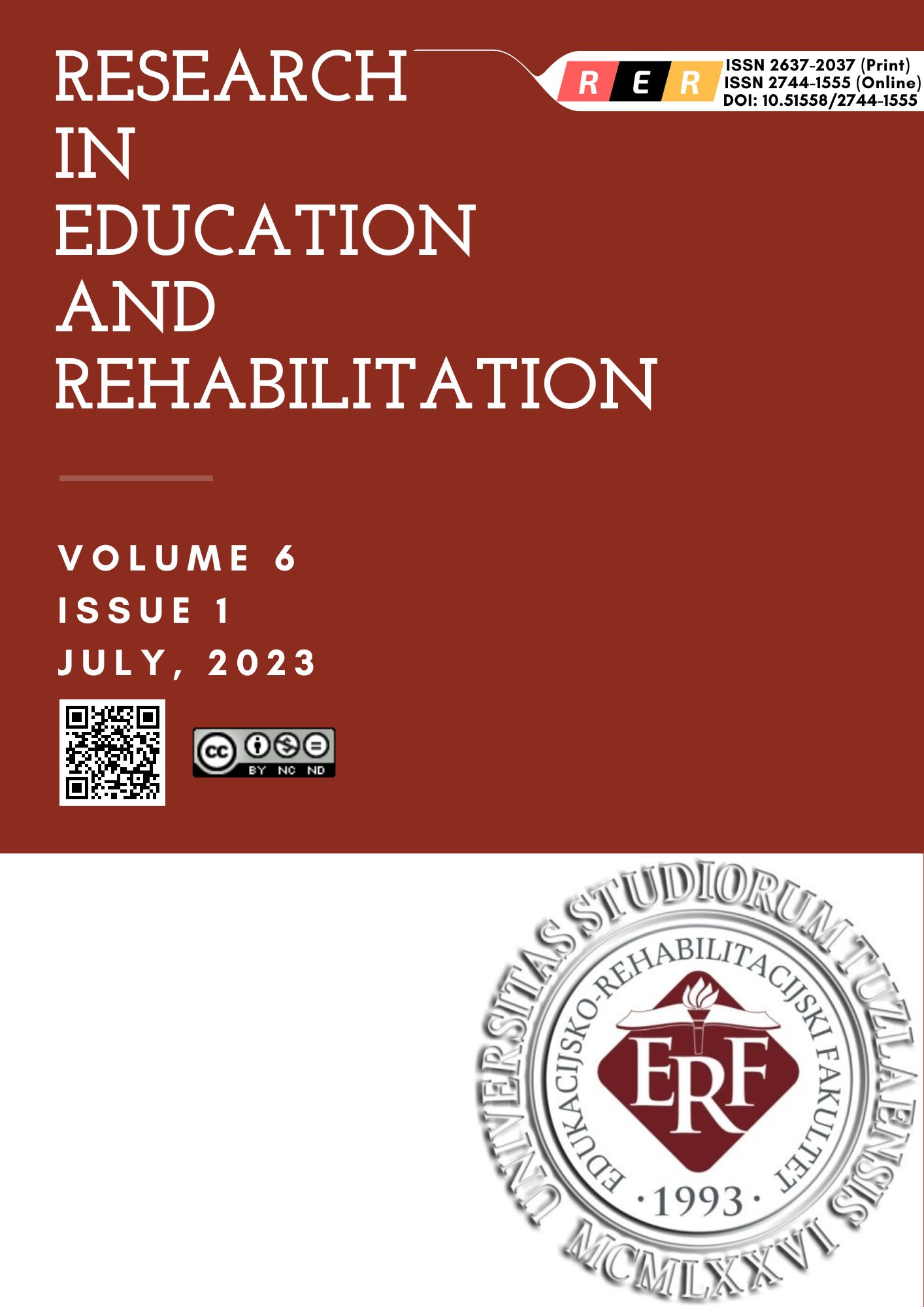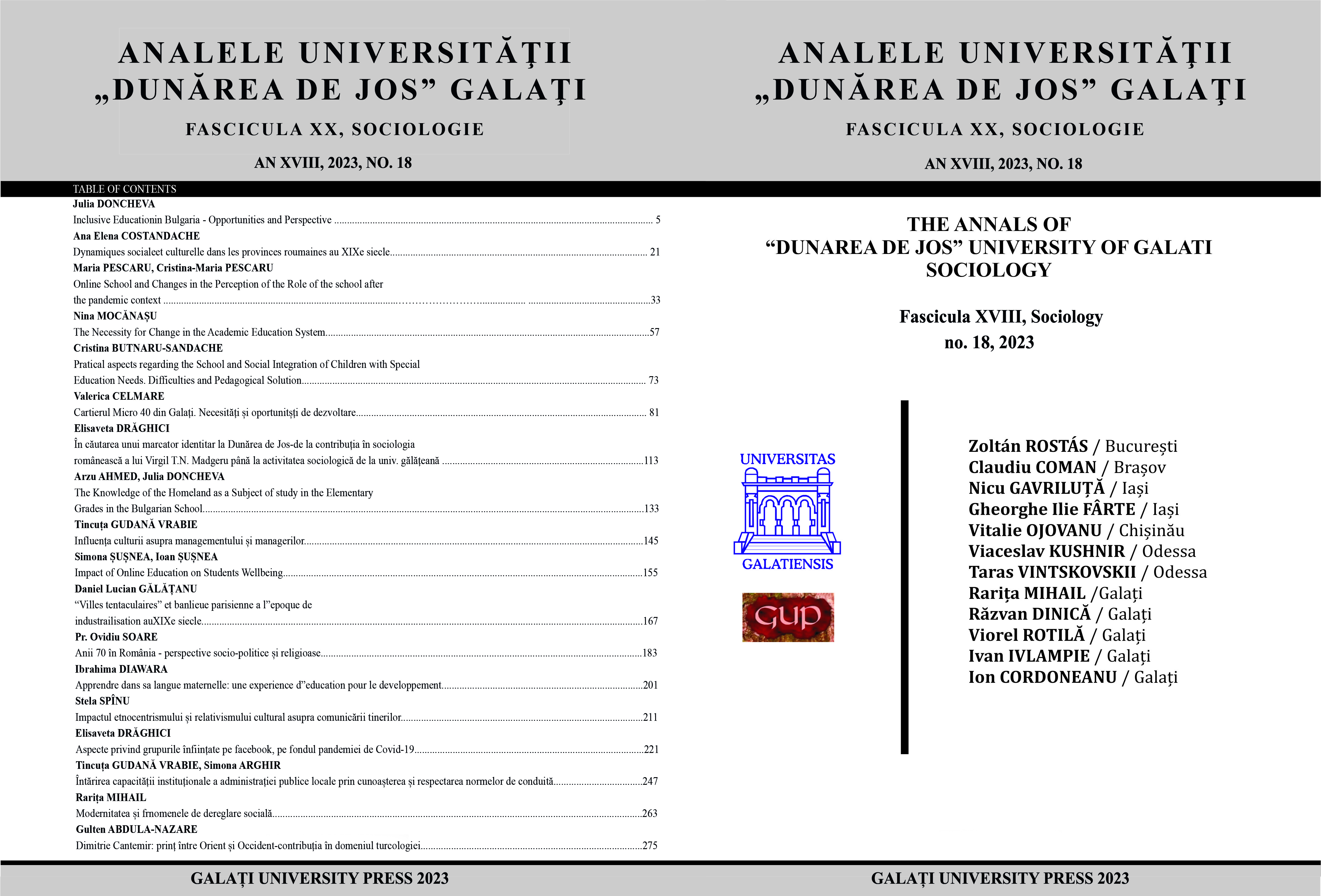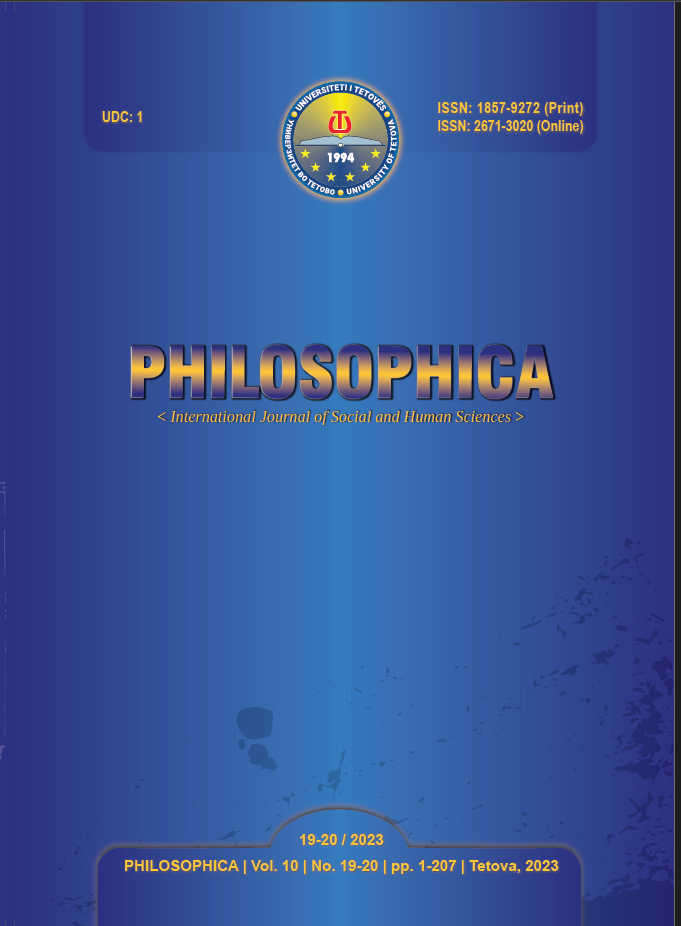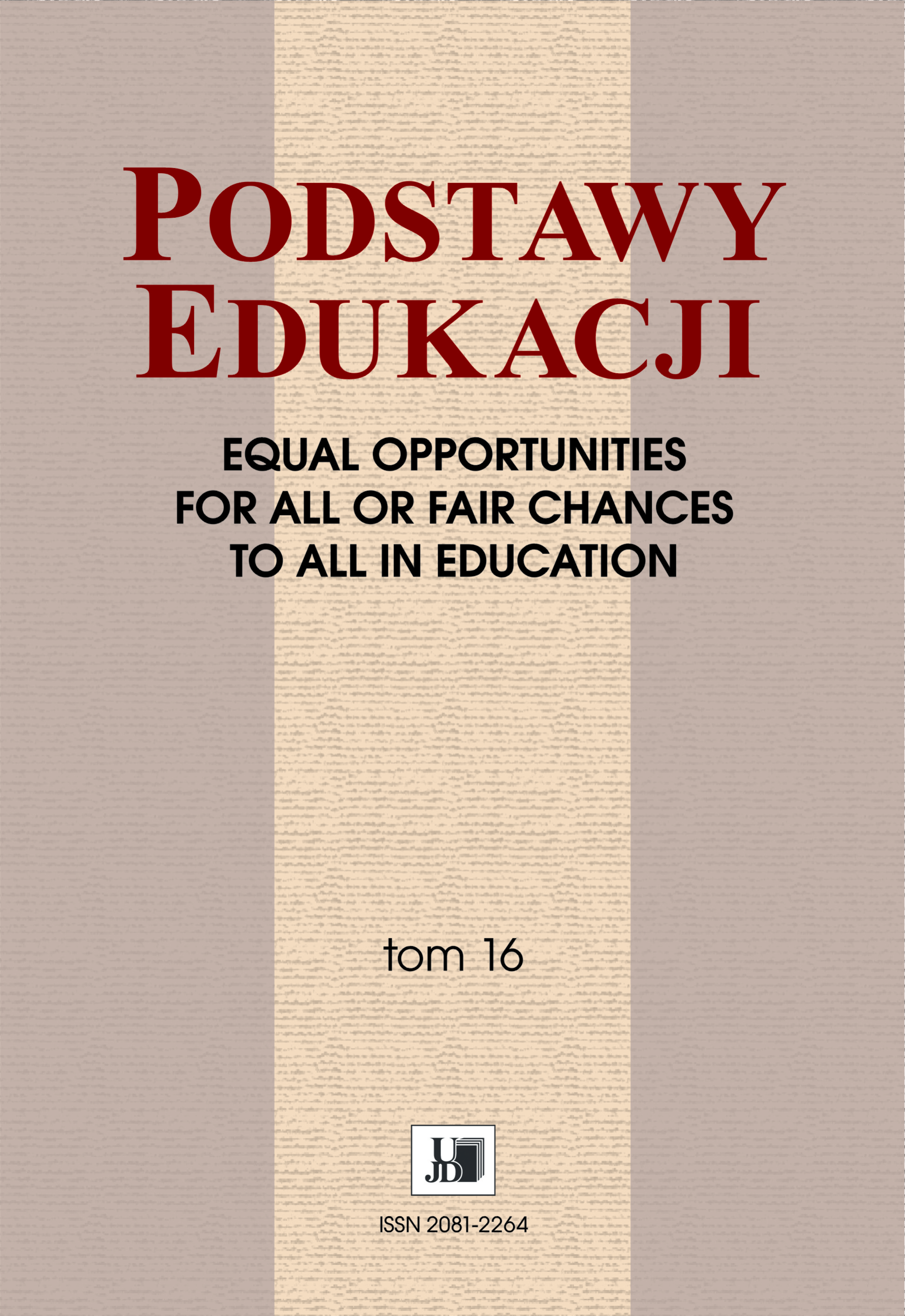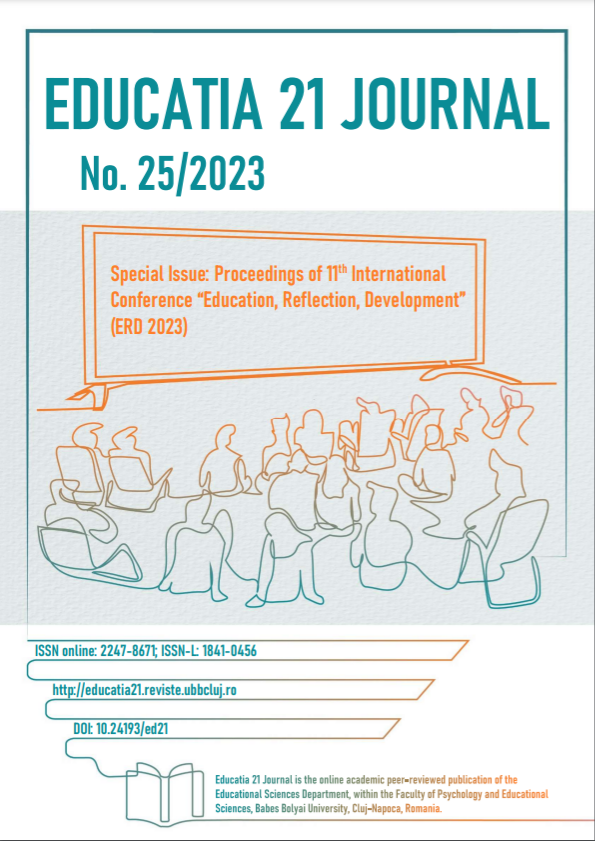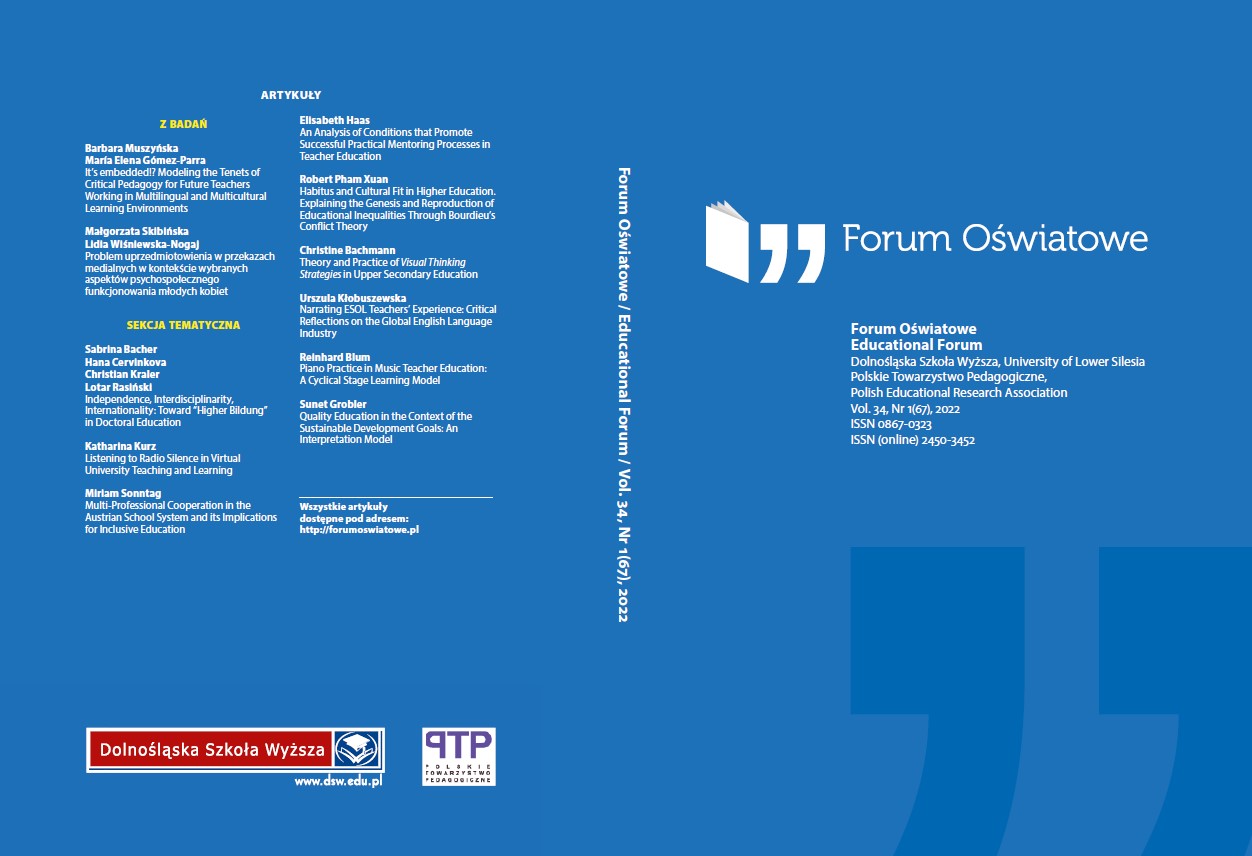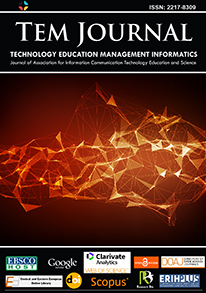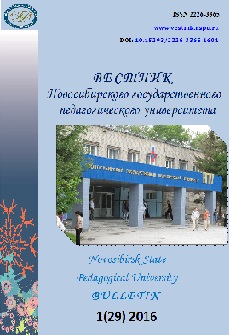
Современные пути интеграции людей с ограниченными возможностями здоровья и инвалидностью в социальную жизнь
The article with the social and psychological position of the problem of disability, which is now becoming more urgent. It is noted that one of the key challenges facing society is ap-proaching the maximum opportunities for disabled people to conditions of life of healthy people. The content of the article reflects some current ways of integrating people with disabilities and disability in social life, describes the direction of adaptive physical culture, sport and tourism, which have a great potential for the correction of physical health and adaptation of disabled people in society. Emphasizes the importance of physical education and sport as one of the most effective ways to integrate social and leisure of people with disabilities and special needs. The article focuses atten-manie, in particular on the fact that in many European countries, including Russia, implemented the program to work with disabled sports, allow-ing not only introduce them to the sport, but also give opportunities for their full development . One of the clearest ex-amples of the active integration of people with disabilities into a full social life lead Xia Para-lympic Games in Sochi. It is concluded that a particularly relevant topic accessible environment as a major factor in the development of barrier-free tourism. The process of humanization of sports work with people with disabilities is socially important task and should be integrated.
More...
